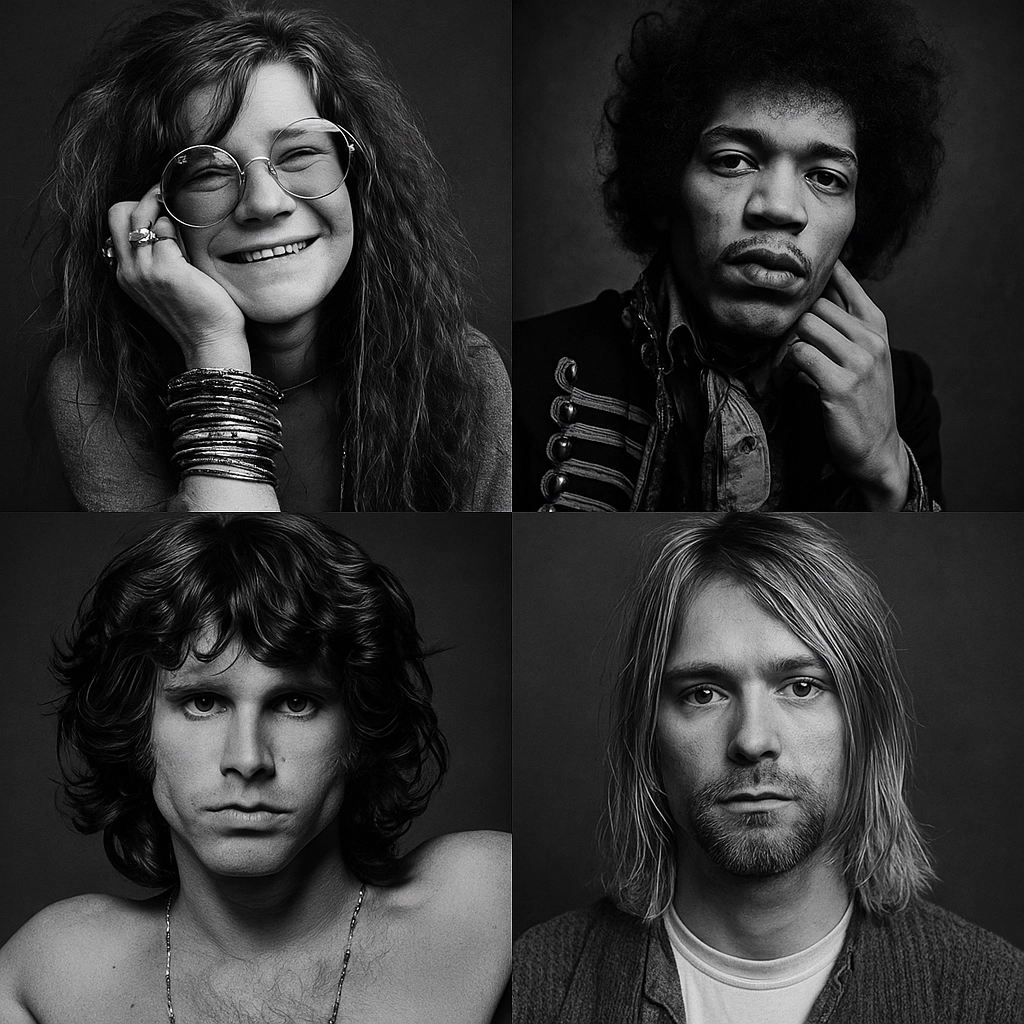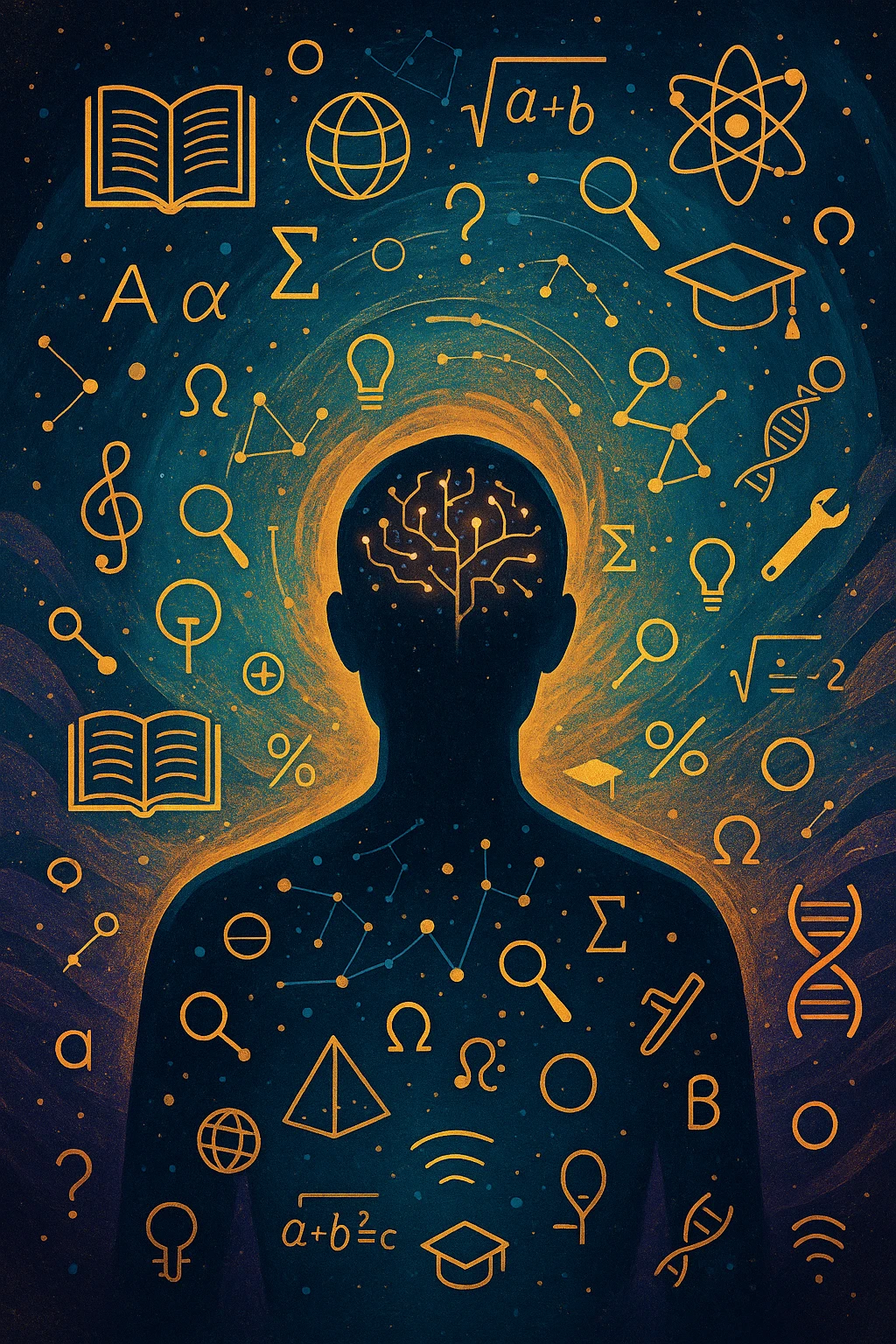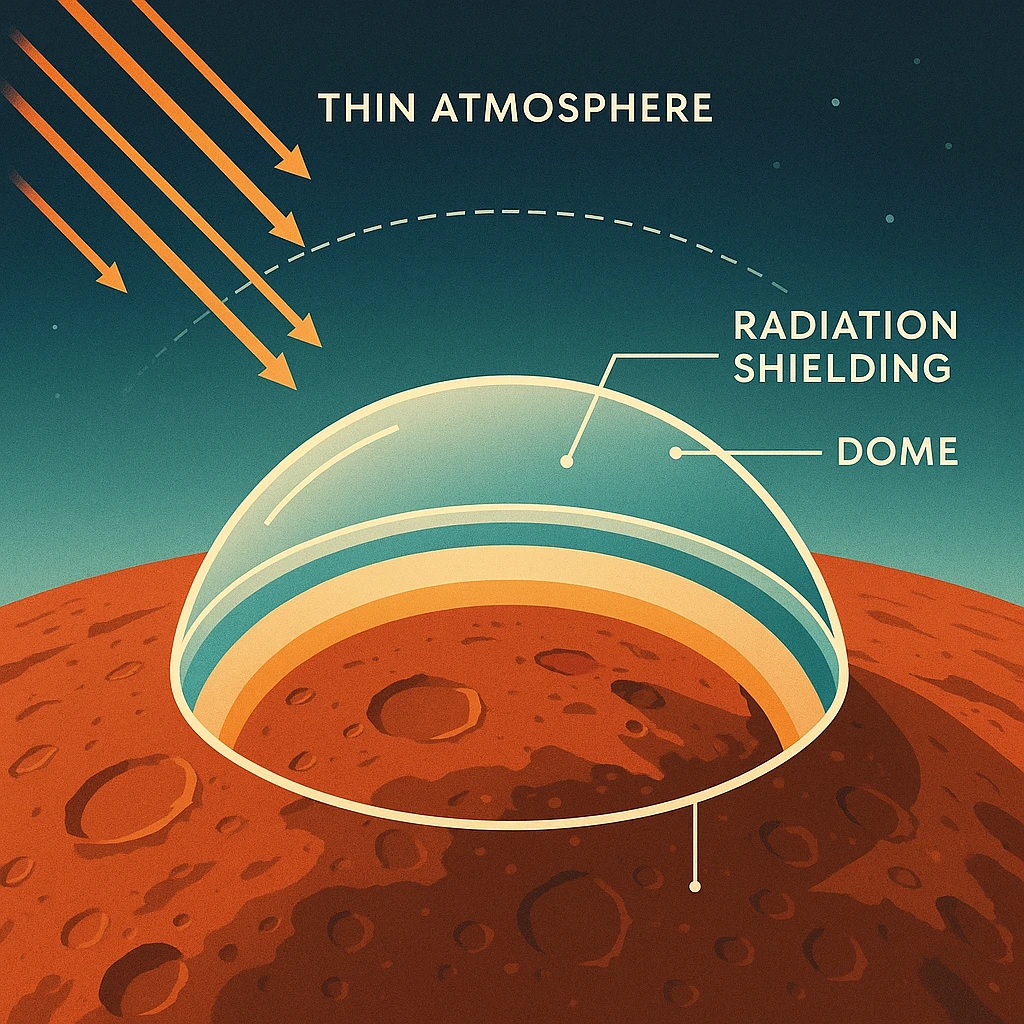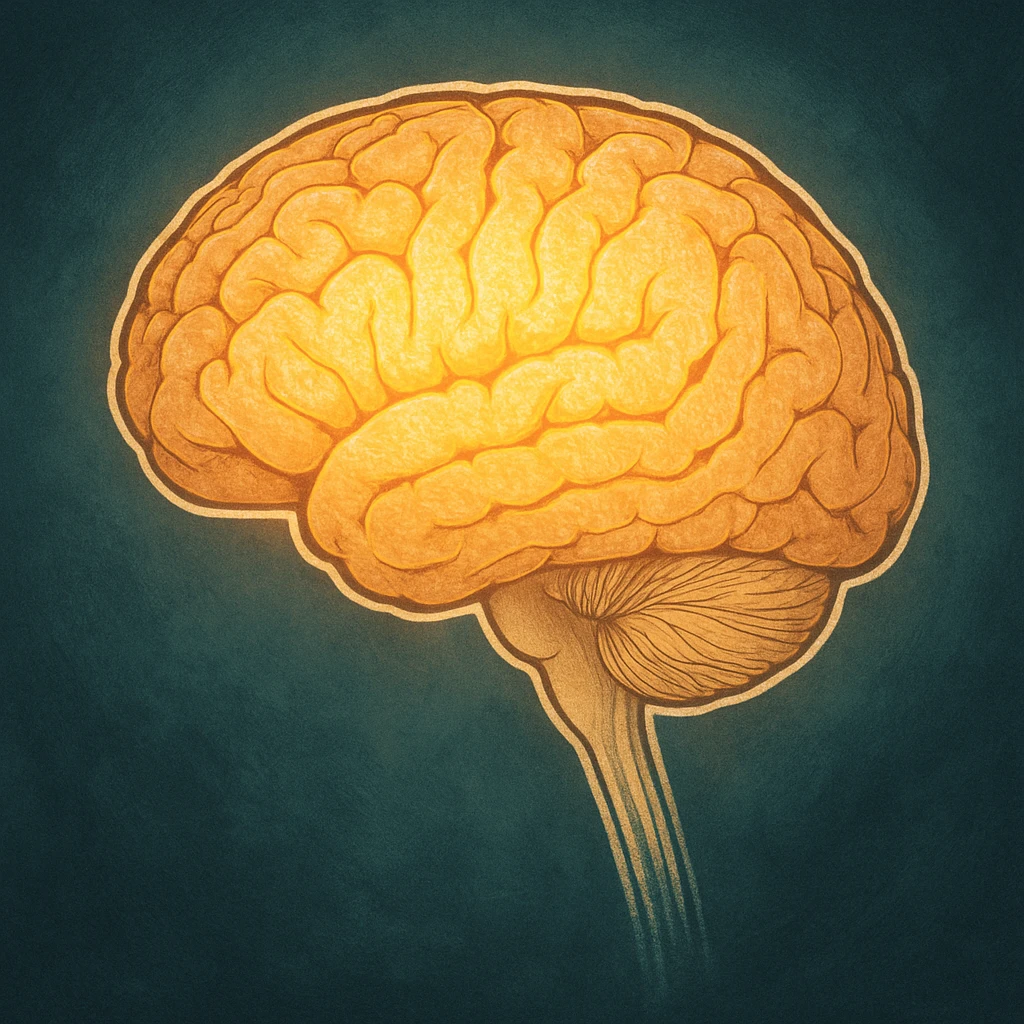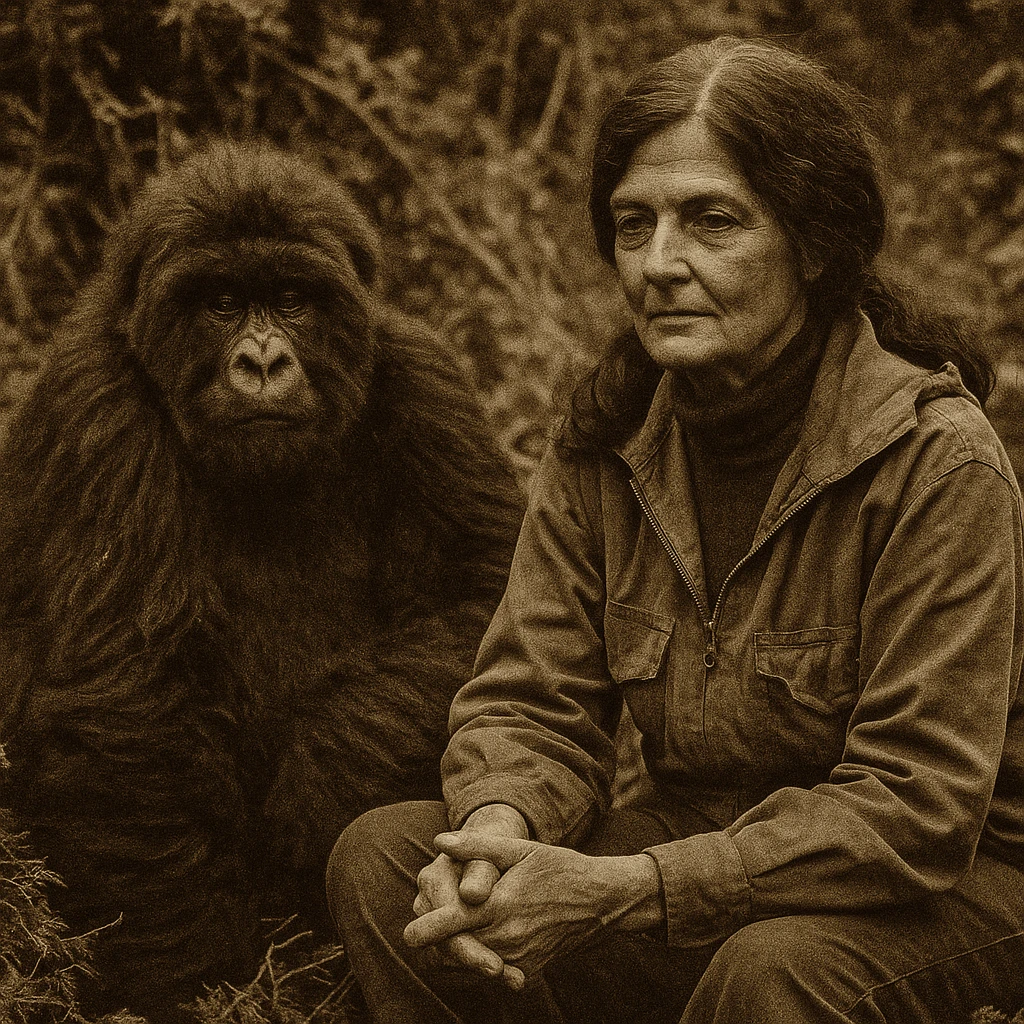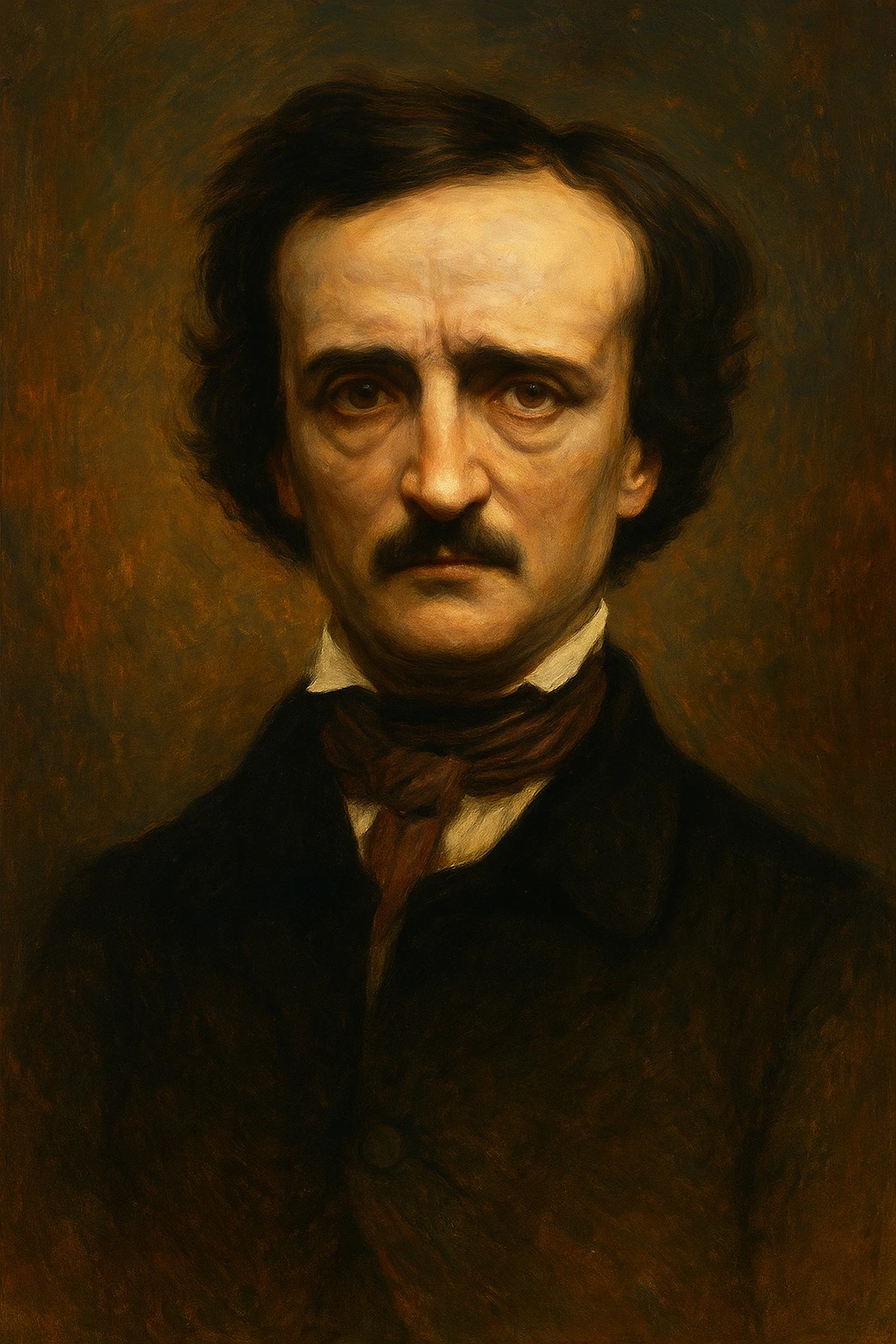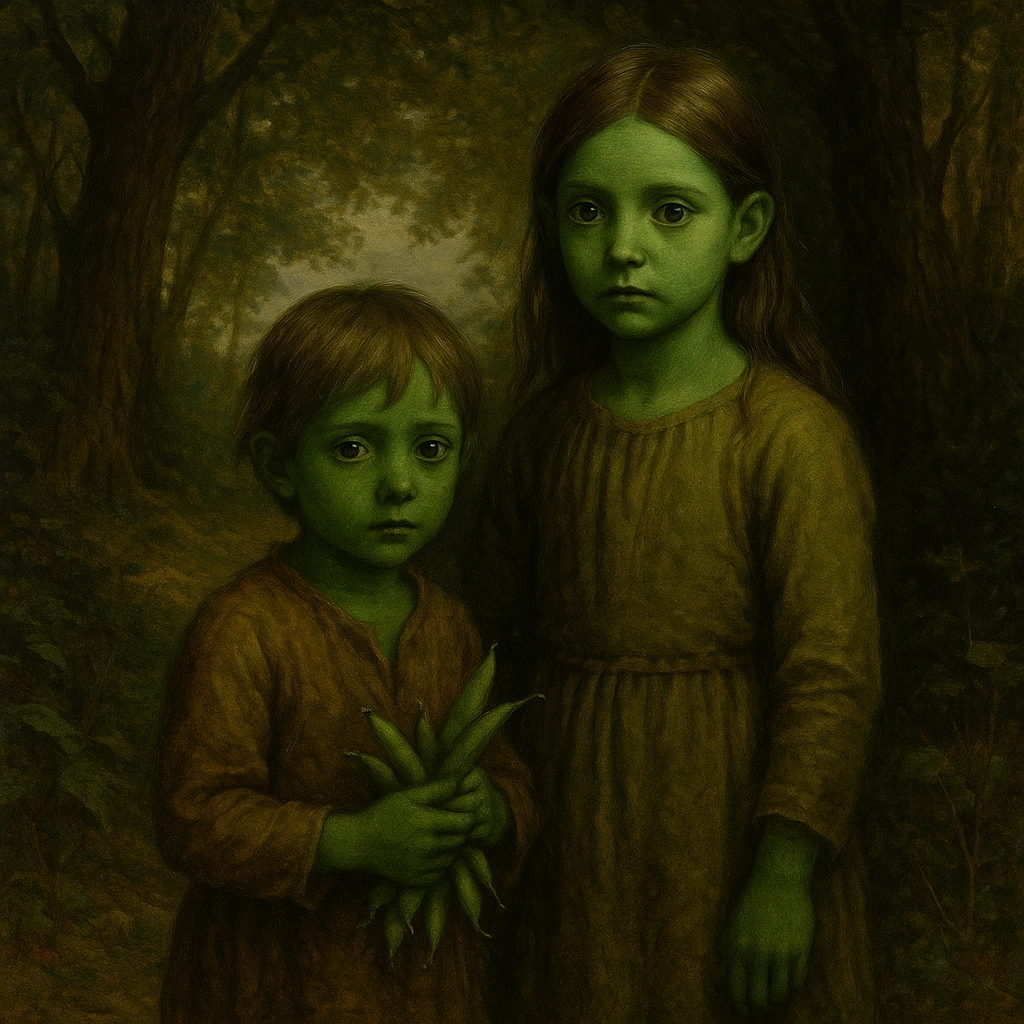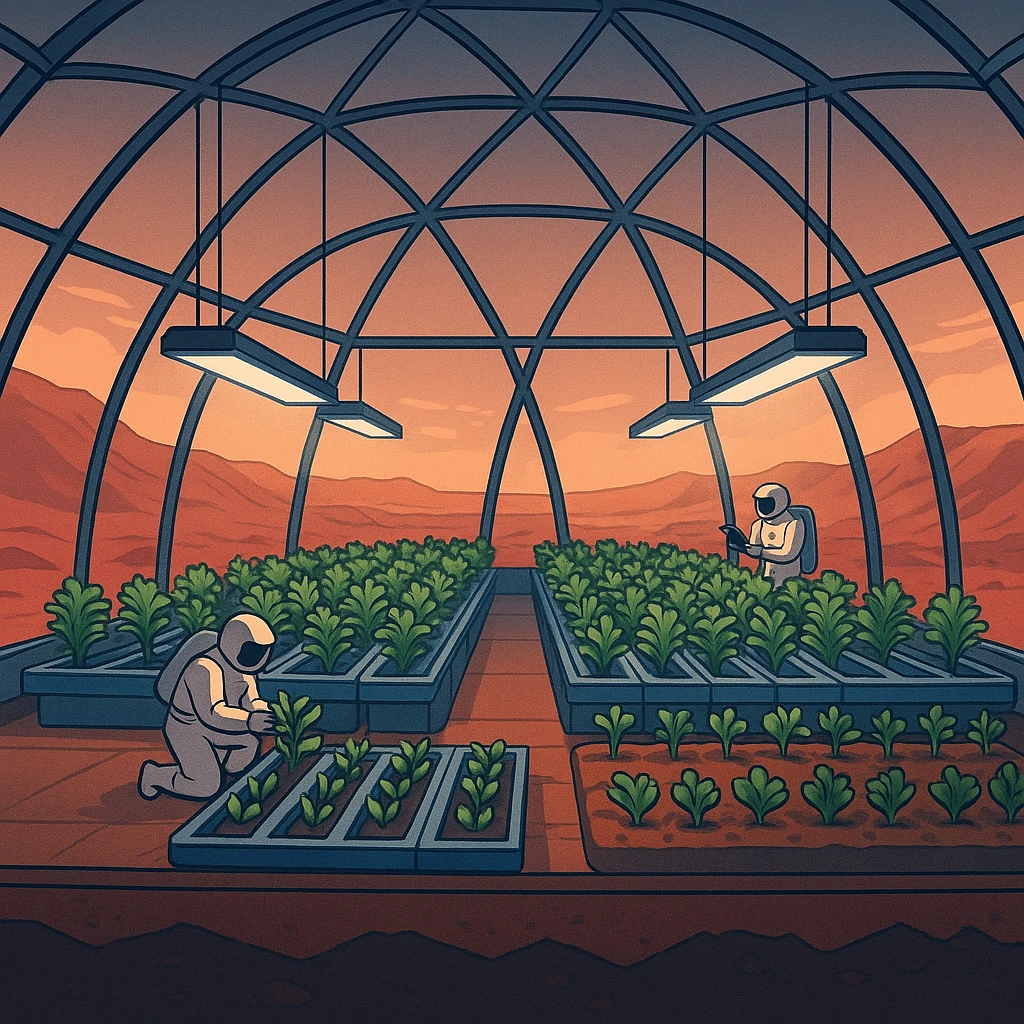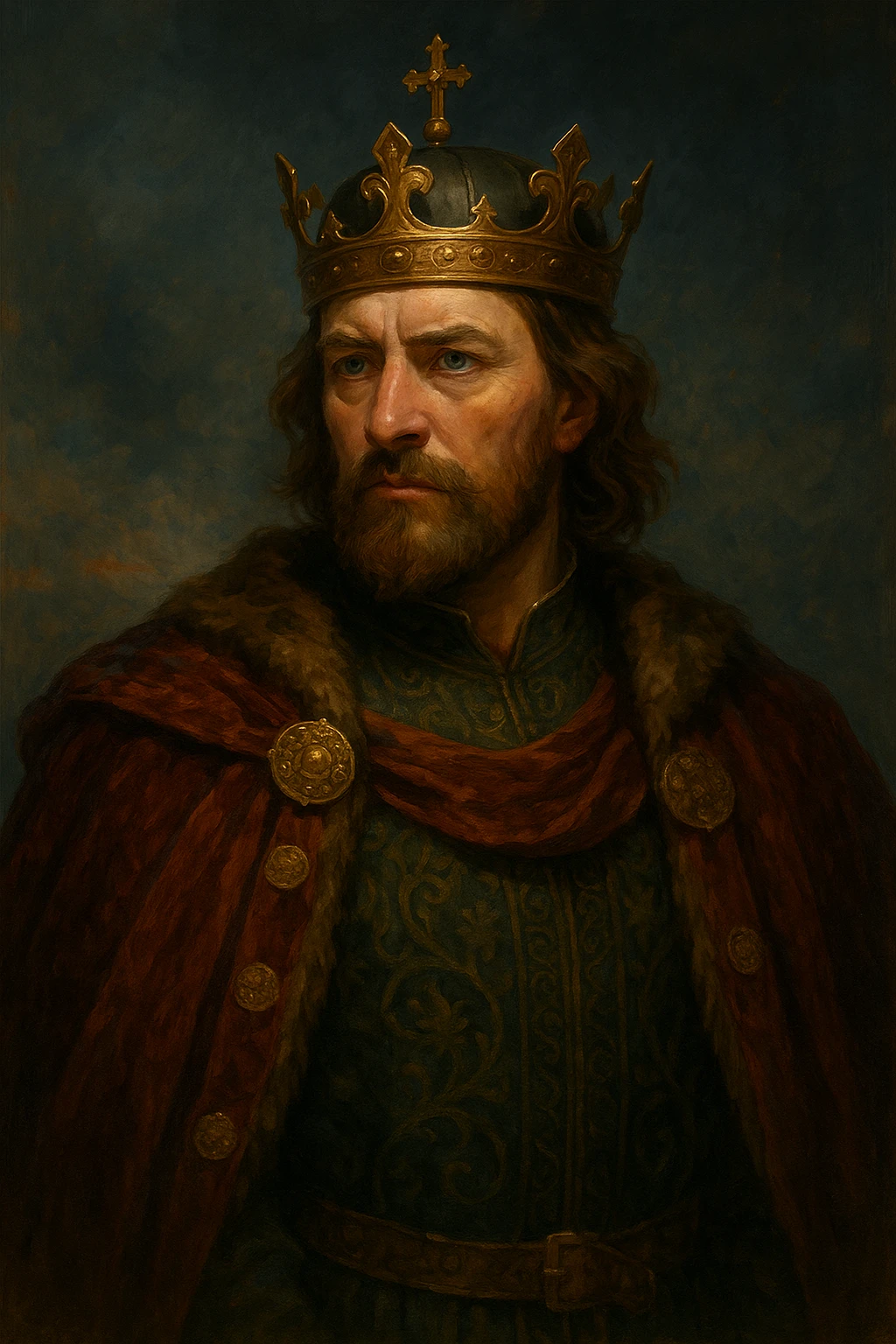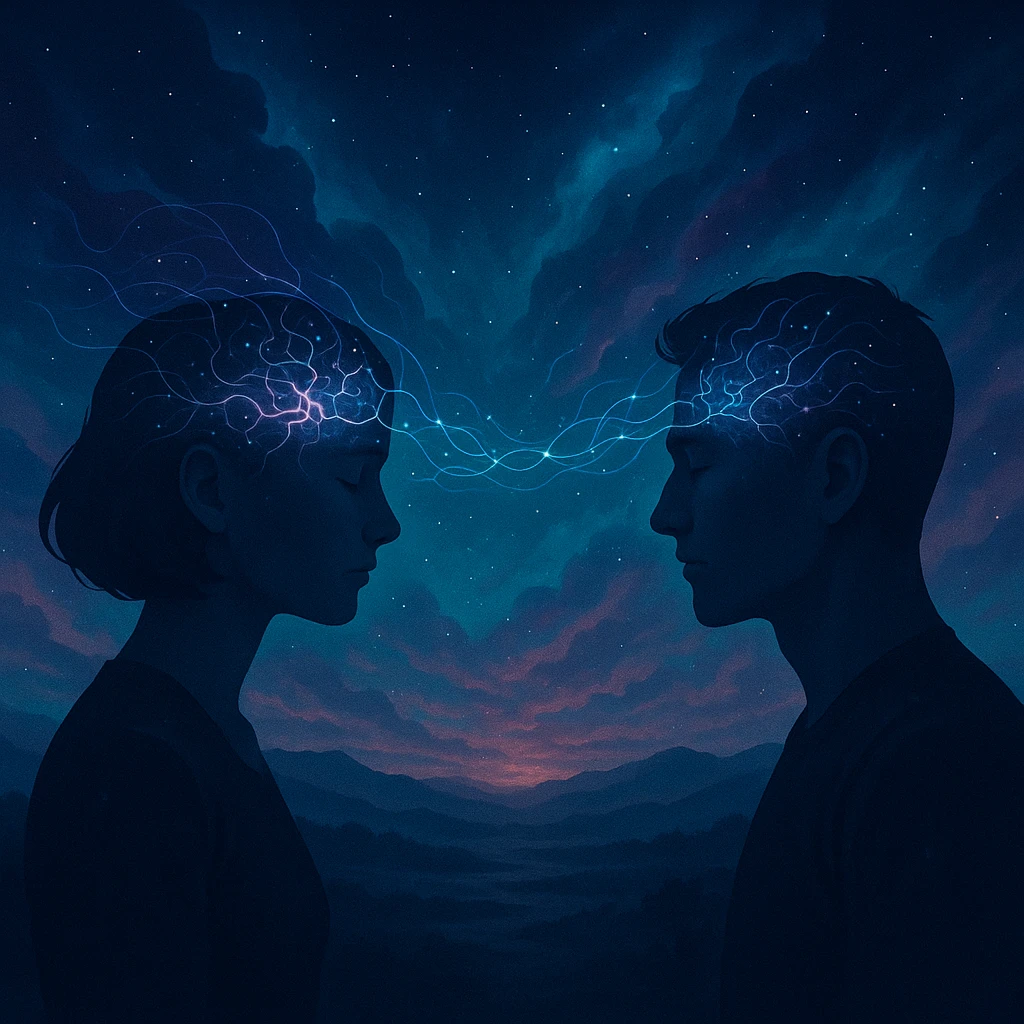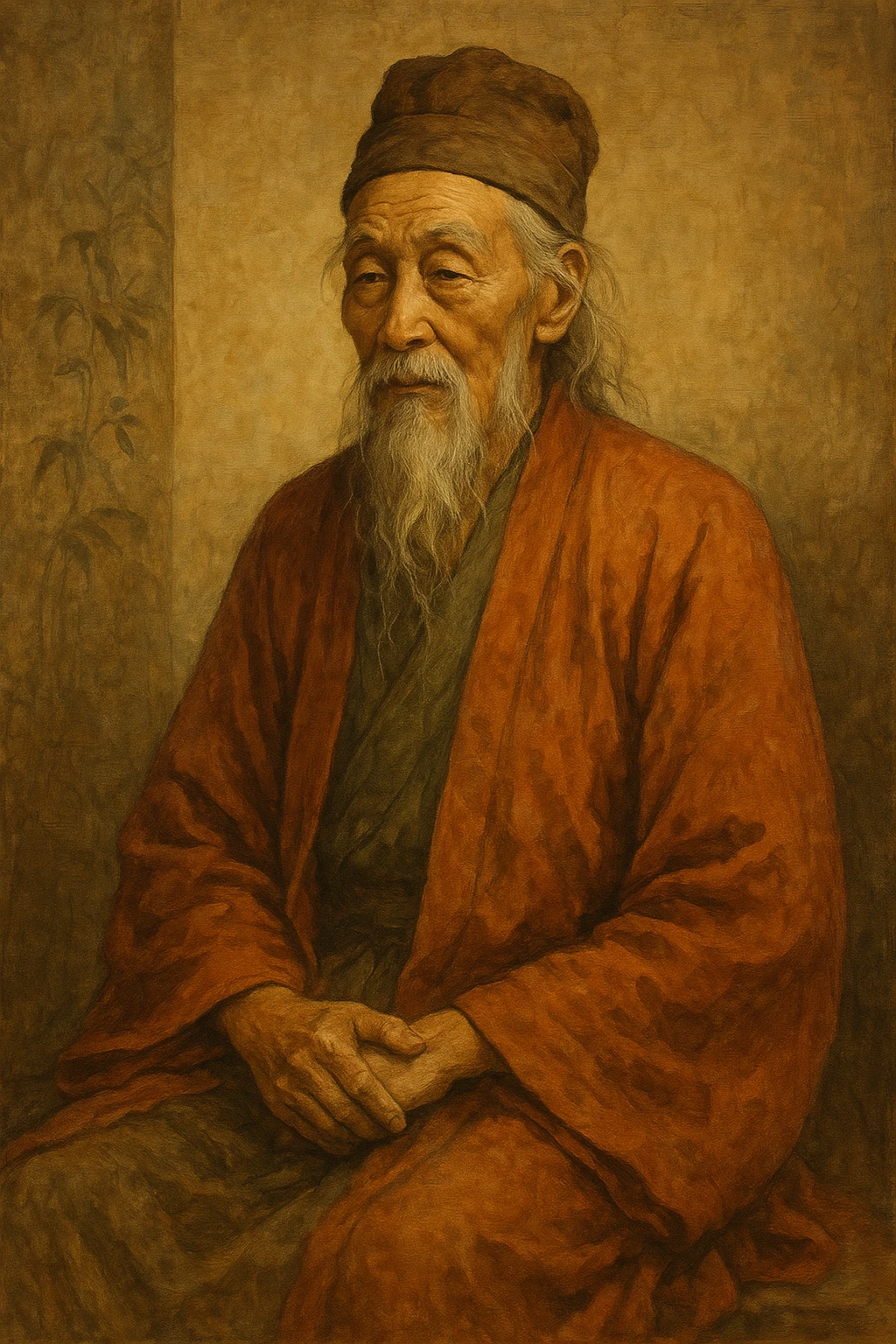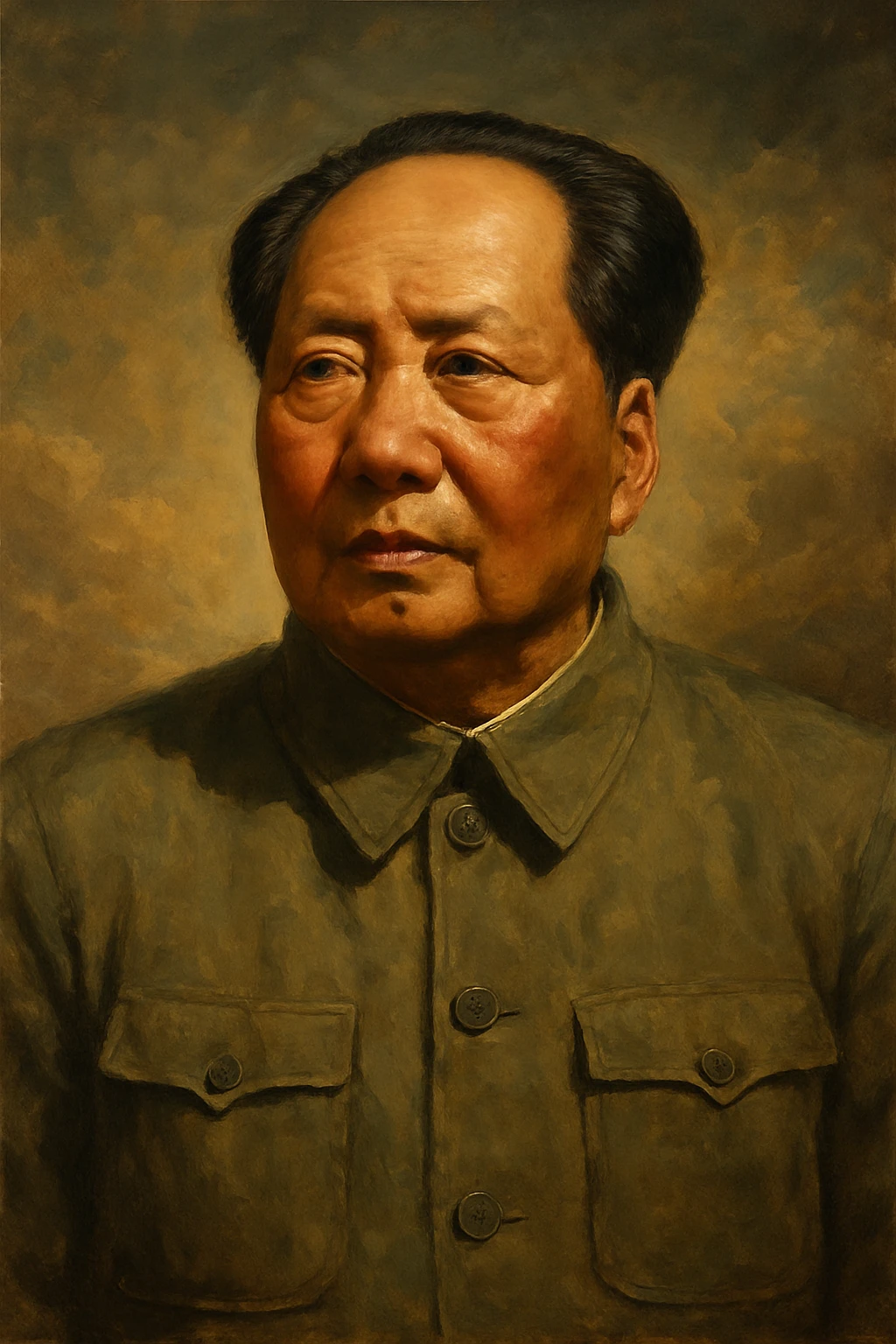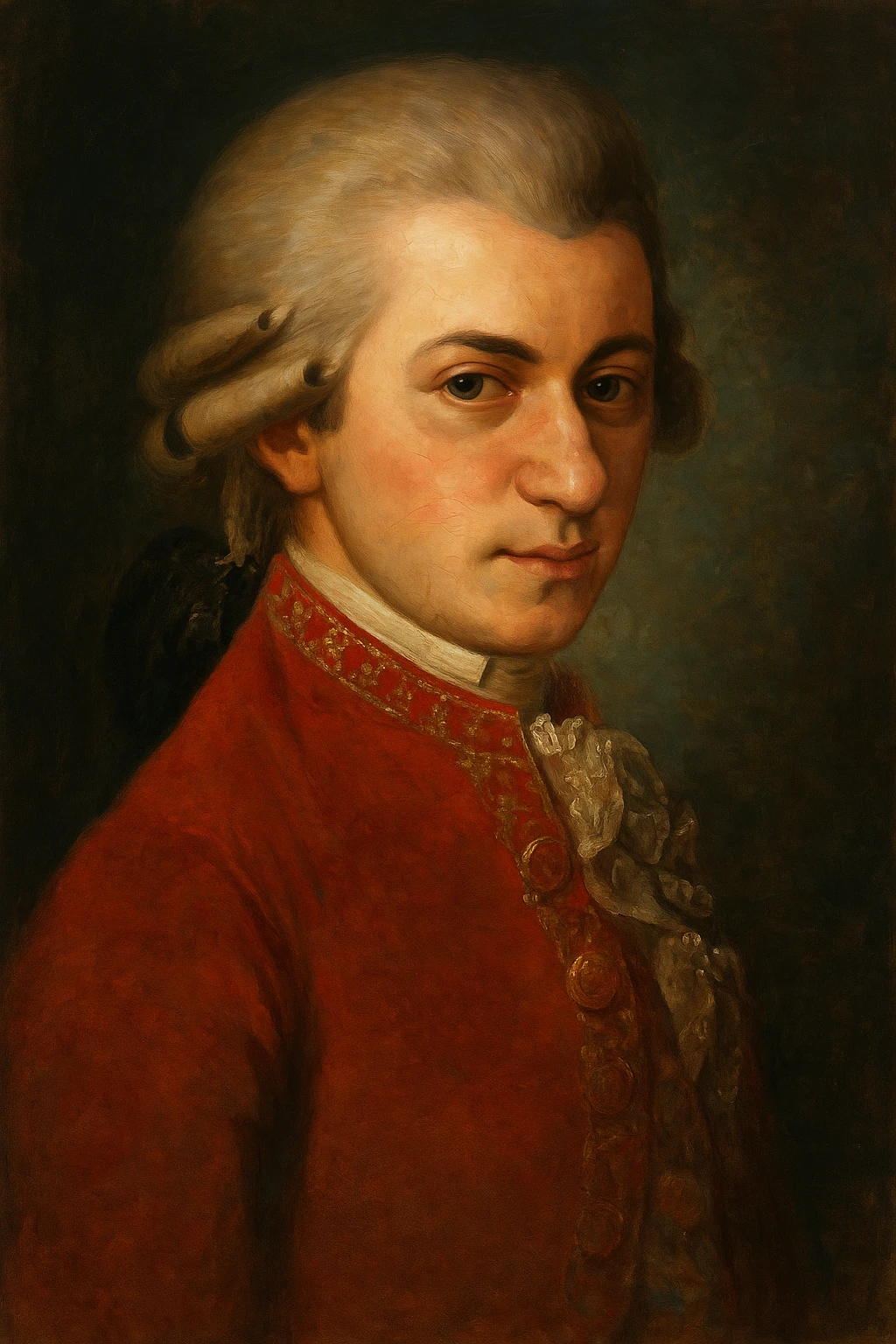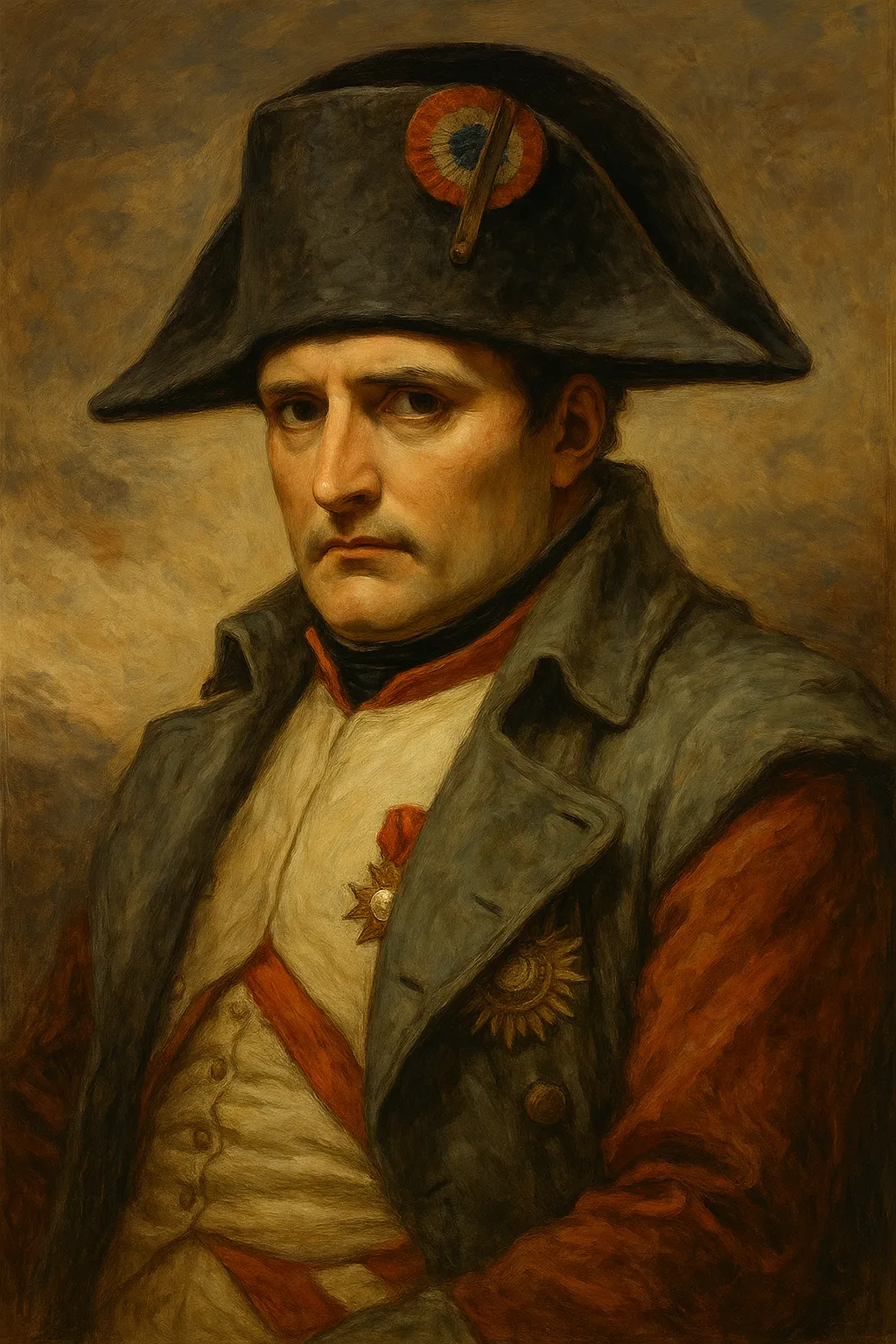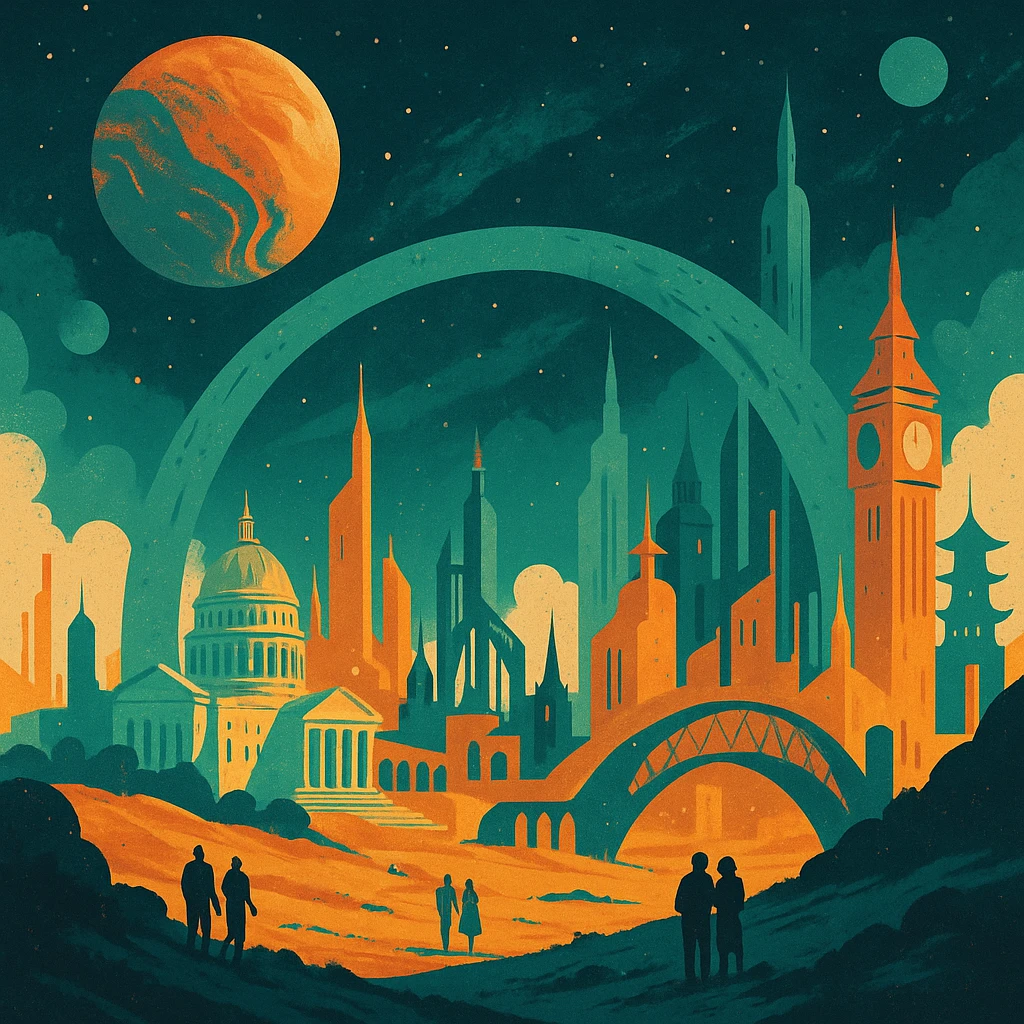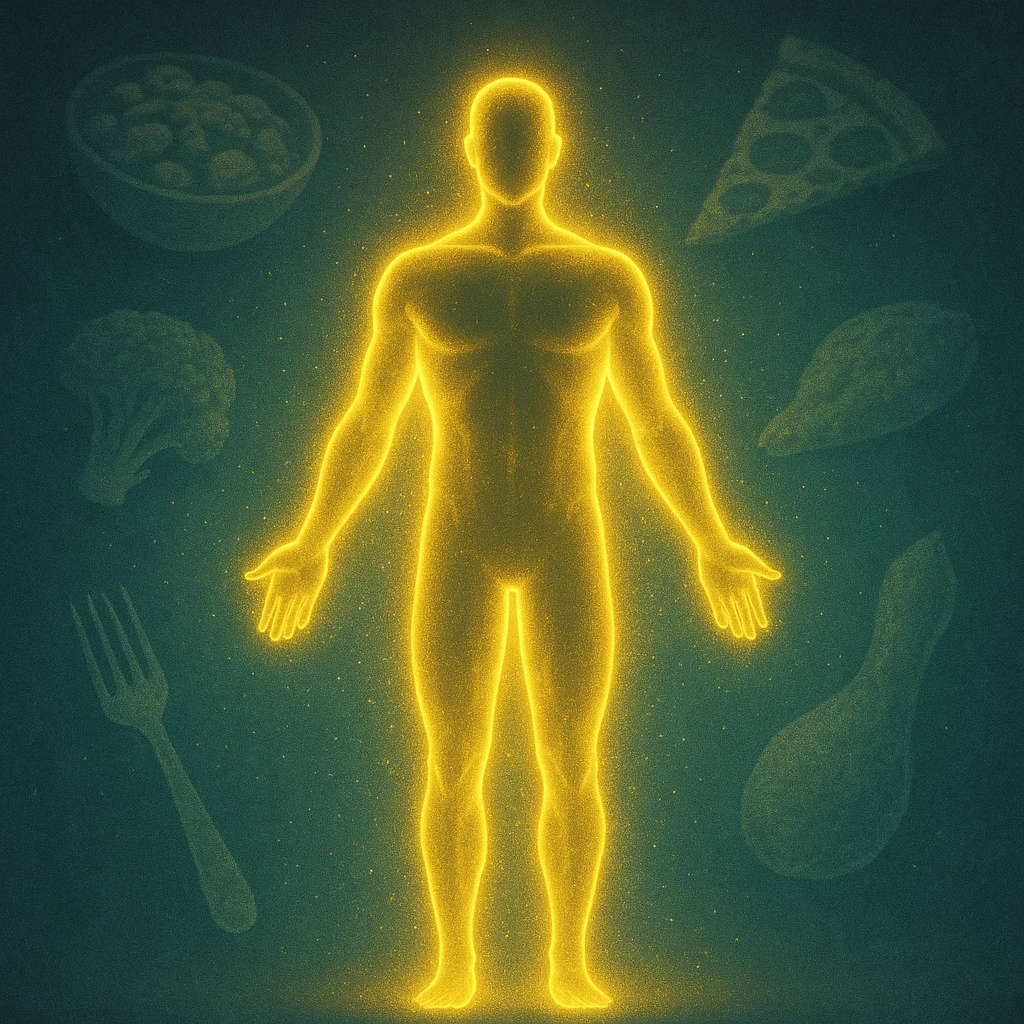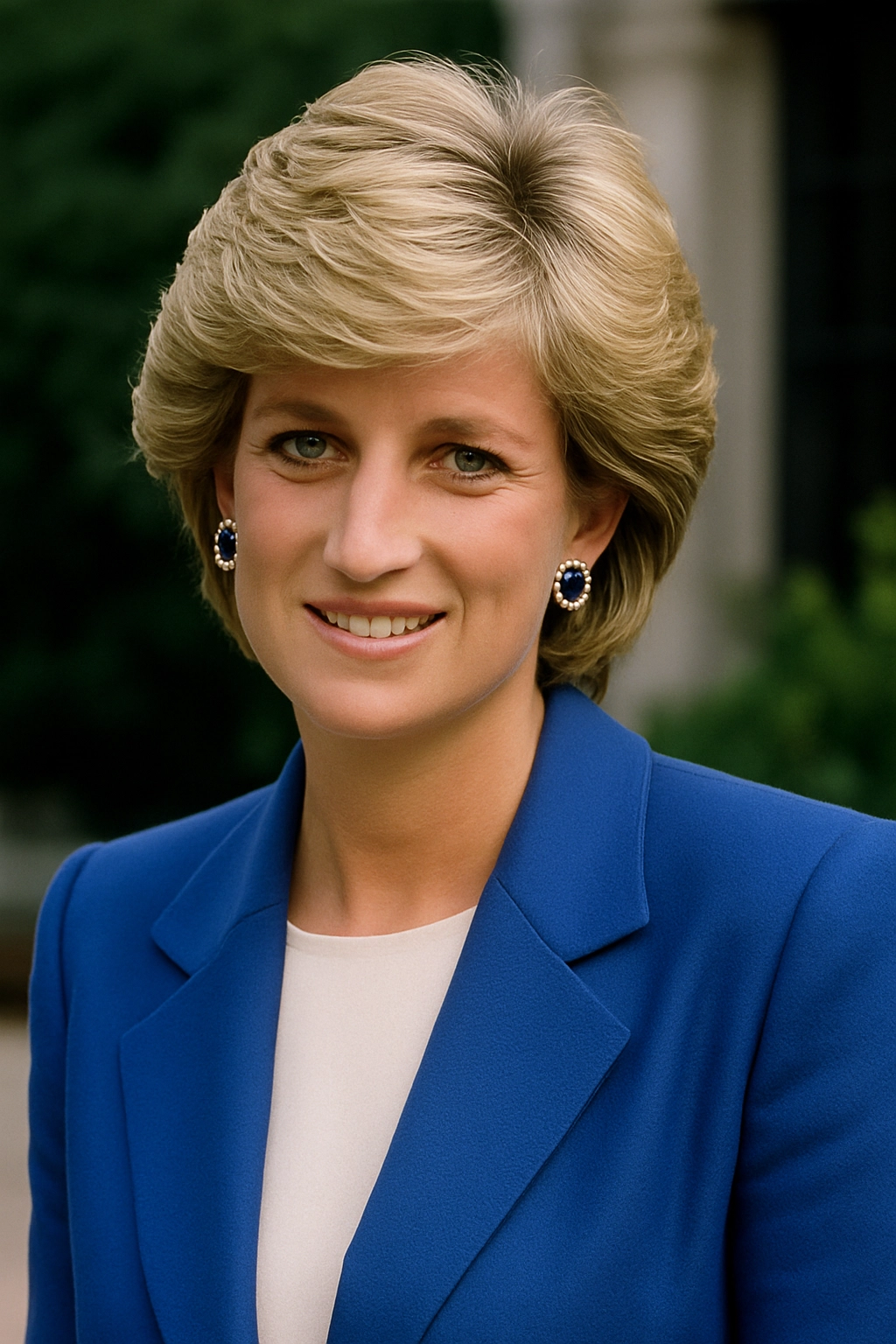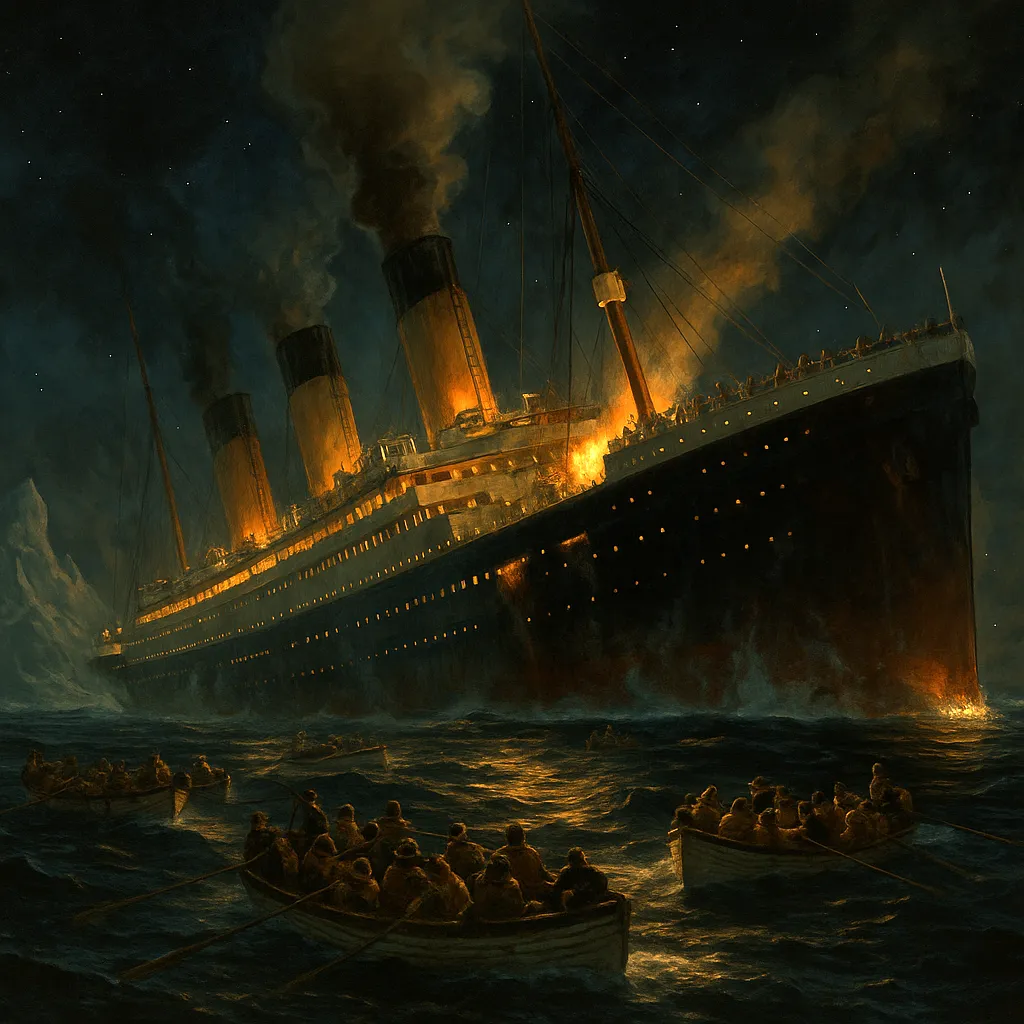What If All Diseases Were Cured?
Quick Answer: In a world where all diseases were cured, human life expectancy would skyrocket, suffering would plummet, and societies would be transformed. But curing all diseases does not guarantee utopia - it could create moral, economic, and environmental challenges.
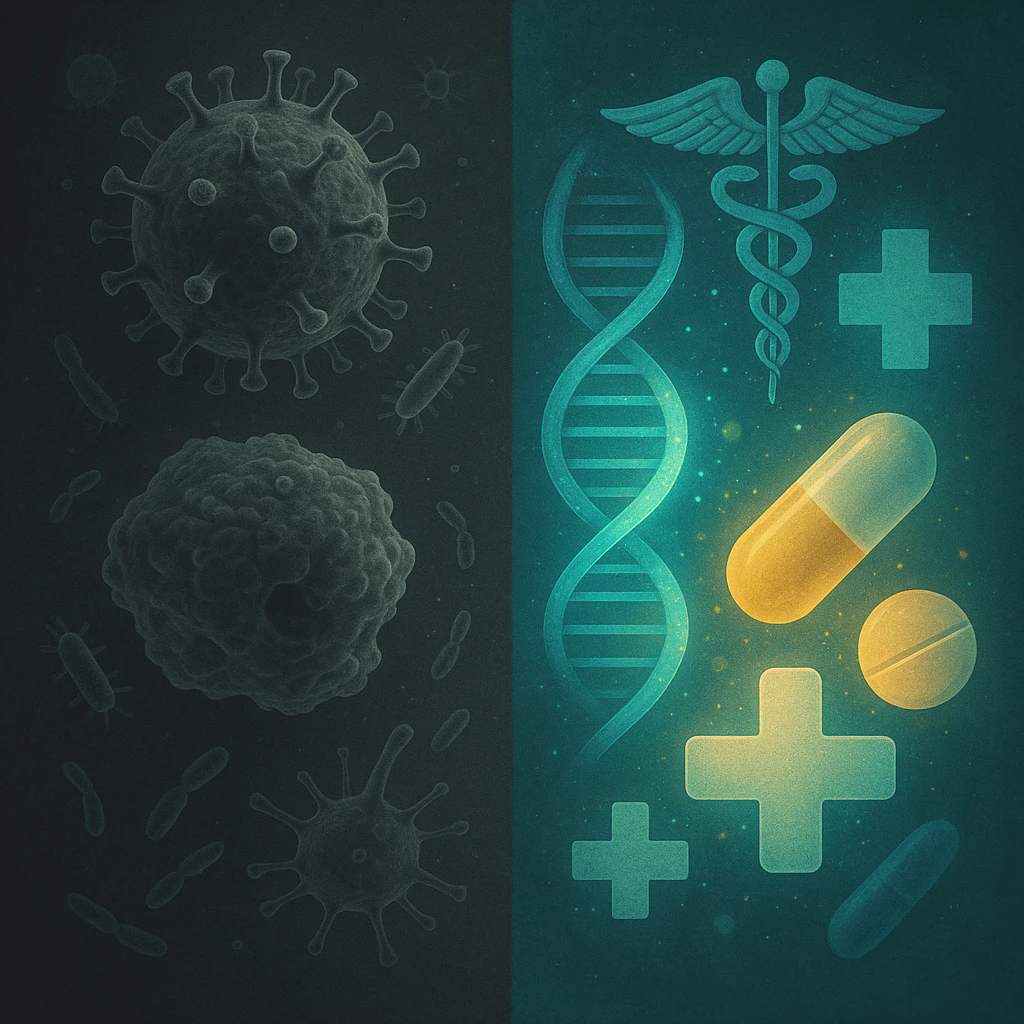
The Premise
Imagine a medical breakthrough so profound it eliminates all diseases - from cancer and heart failure to viral infections, autoimmune conditions, and inherited disorders. Whether through nanotechnology, genetic editing, or universal vaccines, disease as we know it becomes a relic of the past. Humanity no longer fears illness or premature death due to biological failure.
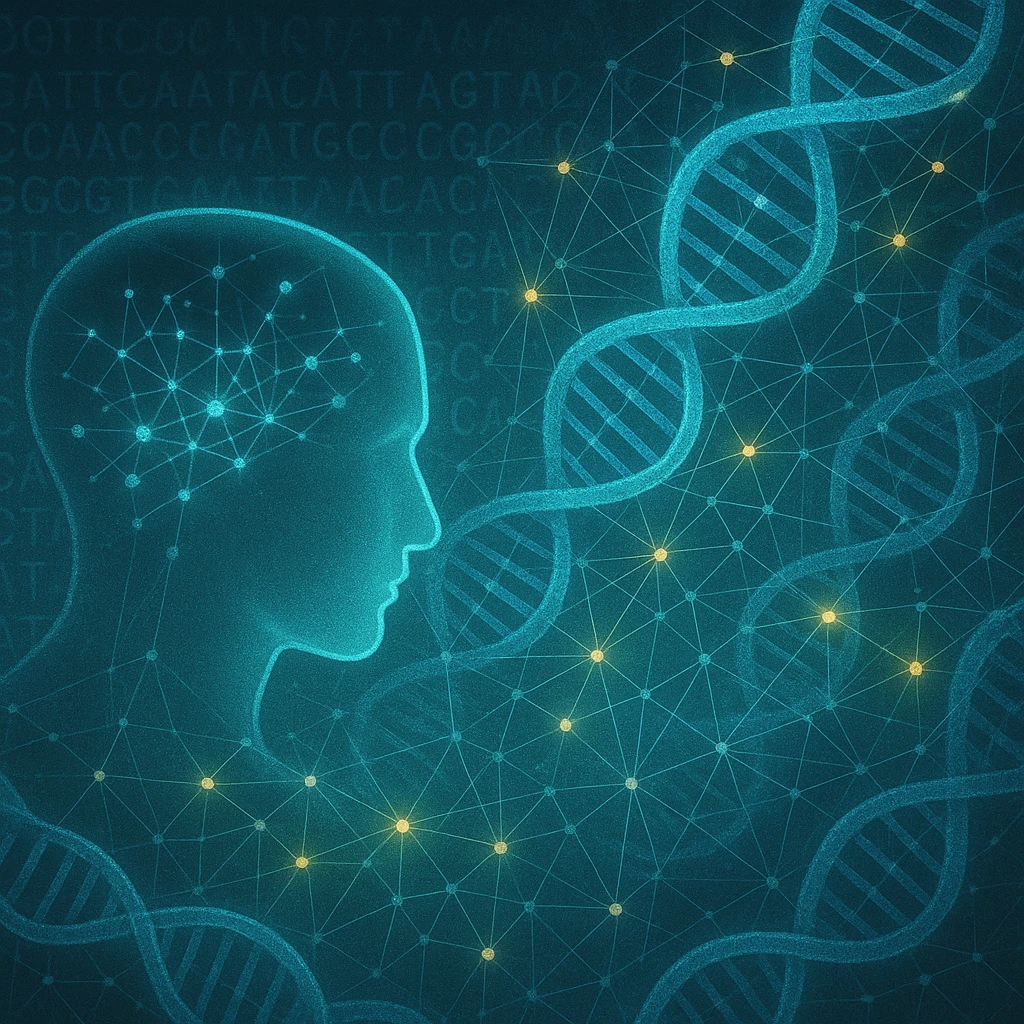
The Science and Speculation
Several fields are racing toward this goal. CRISPR and gene therapy already offer cures for some inherited conditions. mRNA technology opened doors to targeted vaccines. Artificial intelligence is accelerating drug discovery. Meanwhile, theoretical tools like immune-boosting nanobots or cellular reprogramming hint at a future where the body repairs itself before disease can take hold.
However, biology is complex. New diseases emerge, and pathogens adapt. Total disease eradication would require not just curative tools, but predictive systems to identify and neutralize threats before they arise - a level of control humanity has never possessed.
Possible Consequences
- Life Expectancy Explodes: People might routinely live to 120 or more. Death from illness becomes rare, shifting focus to aging, trauma, or mental health.
- Overpopulation Pressure: With fewer deaths and continued births, population could surge, straining food, water, housing, and climate resources.
- Healthcare Revolution: Hospitals and pharmaceutical companies would pivot to preventive care, enhancement, and longevity services instead of treatment.
- Economic Disruption: Industries tied to illness - from insurance to elder care - could collapse or be forced to reinvent themselves.
- Inequality Gap Widens: If cures are expensive or limited, access might deepen global divides, sparking conflict over who gets to live longer and healthier.
In Pop Culture
Stories like *Gattaca*, *Elysium*, and *Altered Carbon* explore societies where disease has been conquered - but at the cost of social disparity, surveillance, and identity. These dystopias remind us that curing illness may be simpler than curing inequality, greed, or human nature itself.
Expert Take
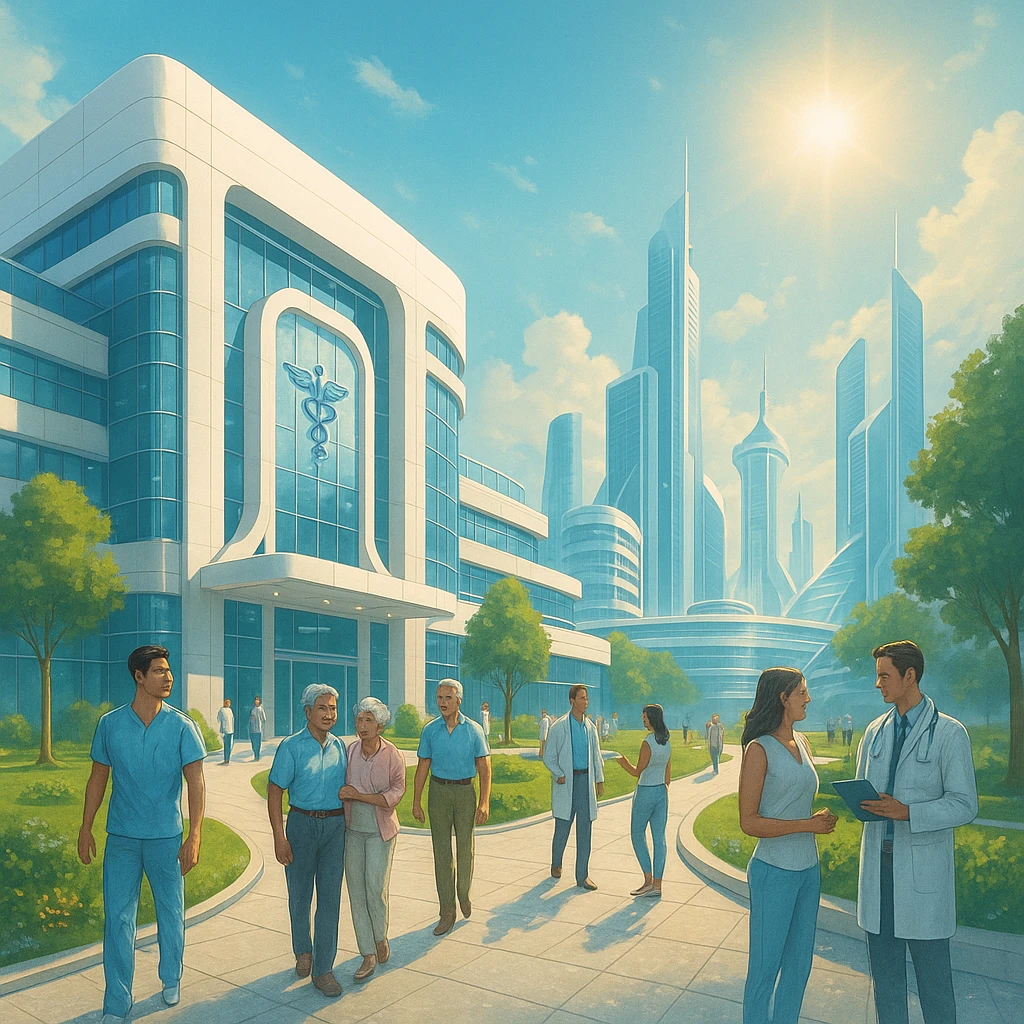
"Curing disease would be a monumental achievement," says Dr. Leonie Farrow, global health policy researcher. "But we mustn't assume it ends suffering. Mental illness, genetic defects, even loneliness can persist in perfect health. A truly healthy society requires more than medicine - it requires empathy, balance, and foresight."
Skygaze Twist
Skygaze challenges the assumption that health alone defines quality of life. In a world without disease, would we become complacent or careless? Would life feel more precious - or less? Our fascination with curing disease reveals our fear of mortality, but also our yearning to master nature. What if the real cure is learning to live wisely, not just endlessly?
What About You?
Would you support a universal cure for all diseases, even if it meant radical changes to society and the economy? Or would you prefer a world where health is earned, not guaranteed? How far would you go to eliminate human suffering - and at what cost?


